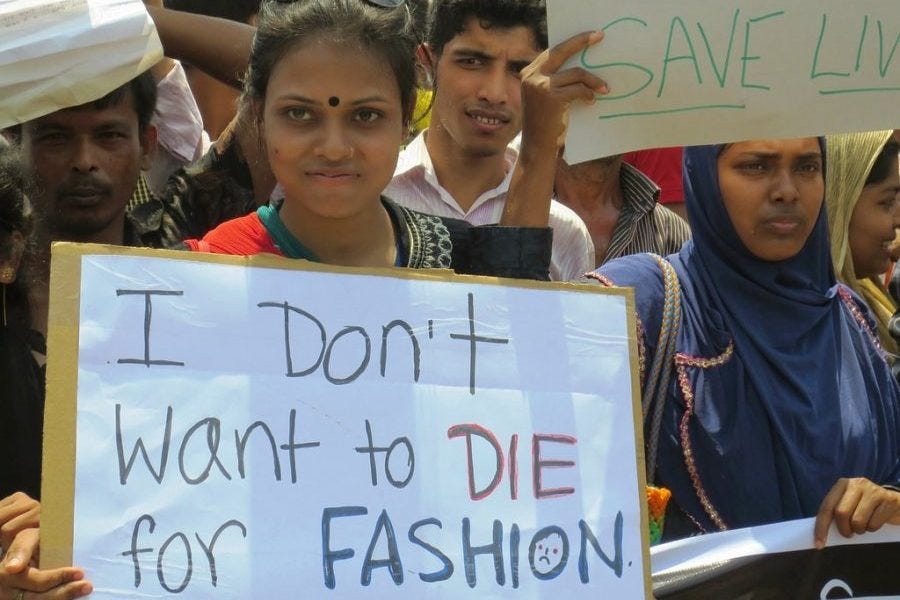How Retail Giants Are Exploiting Labour Force
It is becoming more and more important that some kind of universal guidelines for labour is put into place on a worldwide basis. As we agree that world over, economies are thriving on the effort of unskilled and skilled labour.
Cases of exploitation are coming forward amongst labour from every nook and corner. The pandemic, in a way, has helped unearth the ugly truth behind top brands. In focus this month is Amazon again, leave alone the popular brand H&M.
Horror stories amongst women workers has
been surfacing in the Indian manufacturing facility for children’s clothes for
H&M. Multiple women at Natchi Apparels have reported abuse weeks after
21-year-old worker was allegedly killed by her supervisor.
Mostly Dalit women that work in the
factory in Tamil Nadu have been victimized and alleged sexual assault. After a 21 year old woman was mysteriously
found murdered in the nearby field of her house, after having not returned back
from work, many women have come forward using this as an ideal pretext to
express their grievances.
Since the killing, 25 women have made
allegations to the Tamil Nadu Textile and Common Labour Union (TTCU) of sexual
assault, harassment and verbal abuse by male supervisors and managers at Natchi
Apparels, owned by one of India’s largest garment manufacturers, Eastman
Exports.
Most women expressed working conditions
of patriarchy. Apart from cultural abuse, the women confirmed sexual abuse
mostly in the night shifts. The pressure to make as many as 1000 garments daily
has been reported as unnatural and unfair.
Testimonies and audio recorded by unions
describe similar allegations of sexual and verbal abuse, and a culture of fear
that prevented women from officially reporting incidents.
Amazon has come into the scanner for apparently
firing outspoken workers. The two employees are reportedly, Emily Cunningham
and Maren Costa who worked at Amazon offices in Seattle. Both were fired for
publicly criticizing the company for pushing it to do more to reduce its impact
on climate change and to better protect warehouse workers from the coronavirus.
According to Amazon, they had to do so,
because the employees were violating internal communication rules set down by
the company. Amazon's treatment of workers has been in the spotlight recently.
Votes are currently being counted to determine whether workers at an Alabama
warehouse want to join a union. Organizers there want Amazon to pay workers
more, give them more break time and to be treated with respect.
Cunningham and Costa, who were
user-experience designers at Amazon, were the two most prominent voices among a
group of workers who wanted the company, which has a giant carbon footprint, to
take more steps to combat climate change and to stop doing business with oil
and gas companies.

Comments
Post a Comment